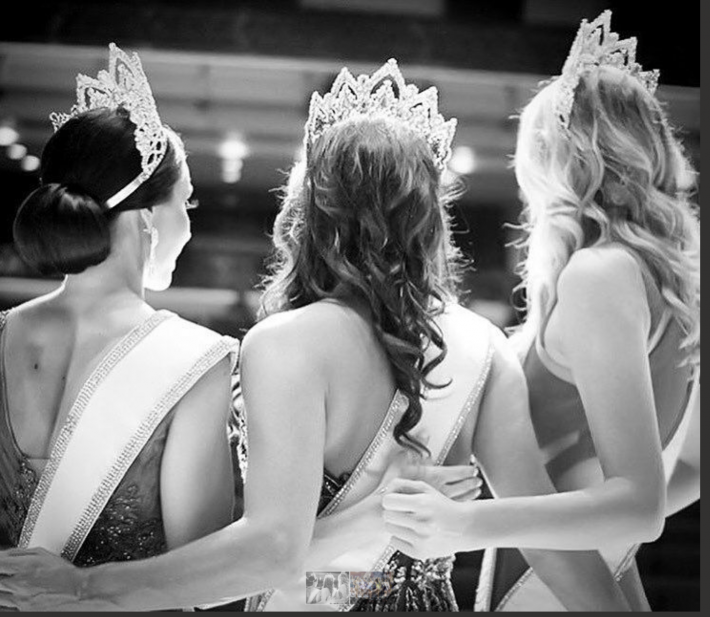Beauty. What is it? Our world is, with some exaggeration, all about beauty. Physical appearance determines much more than what people are willing to admit, and both women and men are treated according to how they look. Beauty contests are just one part of our appearance-focused society and still hold prominence even in a time when diversity and individuality are celebrated. This blog explores what beauty contests are; it assesses both positive and negative arguments and concludes that measuring beauty is not just impossible but very harmful and that the negative effects beauty contests have on society outweigh the positive.
Beauty is considered a quality of being physically or otherwise attractive in a way that gives pleasure to the senses or mind. However, what should be considered beautiful is highly contested and depends significantly on individual views. What one sees as beautiful may seem less beautiful to others. Beauty contests, or beauty pageants, are held annually nationally and internationally, dating back to the 1950s. The national contests, “Miss” of a certain country, usually open the door for the successful participants onto the international stage, most prominently into the “Big Four”, which refers to the four supreme international beauty competitions: Miss World, Miss Universe, Miss Earth and Miss International.
Beauty pageants have always enjoyed worldwide popularity, and even though the debate around them now seems to be more constructive, the fact that they are still being held every year must indicate, one would think, that there has to be something positive they bring into society. Well, not really. Organisers of the beauty pageants defend it by saying they are giving women a voice and promoting women`s beauty. Miss Elite, one of the international beauty pageants, for example, states on its website it “aims to celebrate the unity of all nations by bringing them together”. The contests are sometimes cooperating with charities, but their impact in this area is minimal. Regarding the benefits of those competitions, the list ends there.
There are plenty of negatives to the pageants. Starting with the core of the competition, beauty. As was already mentioned, beauty is contested, and everybody finds it in something and somebody else. That is natural and is tied to the fact that everyone is different – in character and appearance. Hence, to say that someone is the most beautiful woman in the world or even a country is determined by what and by whose preferences? Even if most people in a country or the world think a particular woman could be the one, what are the arguments for excluding the other women, those who contest and those who do not?
The main problem with national beauty pageants is globalisation. Because the woman winner is supposed to represent the nation`s female population, the expectation is that she would look like the “normal” or “average” woman in that particular country. However, one significant consequence of globalisation is the mobility of people around the world and the subsequent diversification of nations. Therefore, no country has a homogenous female population, and who is then the “normal” or “average” woman in that country?
The age of the contestants is controversial on both national and international levels. The latest criticism concerned the age limit of the contestants. If the purpose of the pageants is to identify the most beautiful woman, who gets to decide how old this female has to be? Age limit on its own excludes a large number of women from competing, which then undermines the whole concept of the competition.
More crucially, age is at the centre of beauty competitions for teens, which require contestants to be between the ages of fifteen and nineteen or, even more controversially, between the ages of ten and nineteen. For the majority of girls and young women, their teen years are the most difficult – as their bodies are undergoing changes, they compare themselves to other girls and women and usually have a negative relationship with their bodies, which then quickly leads to anxiety issues, mental health problems, lost of self-esteem and eating disorders such as anorexia or bulimia. Even though girls and young women are more vulnerable to the risks of trying to meet the requirements to qualify for the contests and observing which “woman-type” wins, the sense of subordination and not being pretty have negative consequences on women of all ages.
Lastly, the necessity of those contests in itself should be scrutinized and reviewed. Does society need a national or international competition that declares someone the most beautiful and, consequently, makes others feel less beautiful based on contested measures, with minor to no positive impact and validity?
To conclude, this blog explored and examined the gravity and rationality behind national and international beauty contests. Given it identified many more negatives and controversies that surround the nature of the competition and that outweigh the positives, the blog proposes to think about beauty pageants more sceptically and to question their purpose.
Renata Pernegrova
